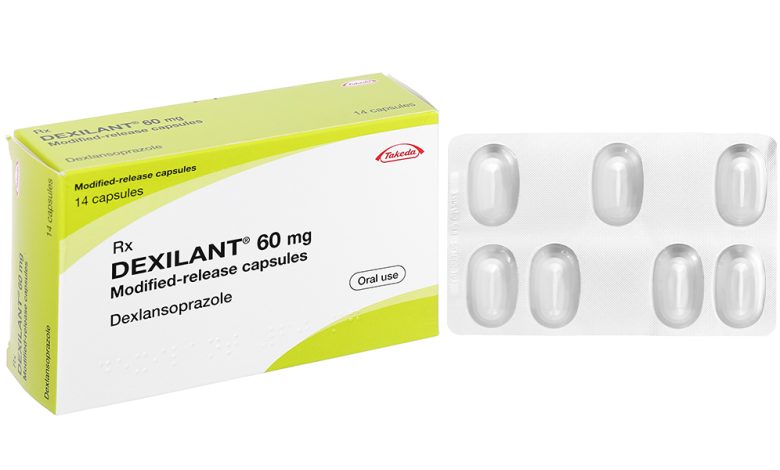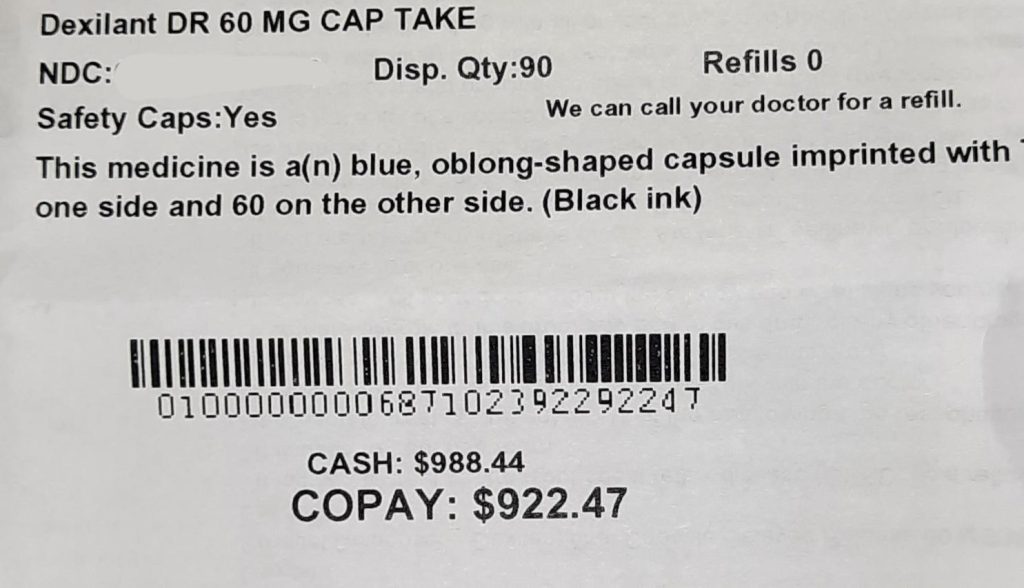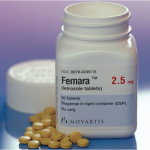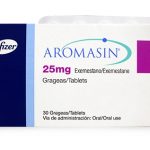Dexilant: Uses, How it works, Best Time to Take, Side Effects, FAQs

What is Dexilant used for?
Dexilant is a brand name for the medication dexlansoprazole, which is a proton pump inhibitor (PPI) used to treat certain gastrointestinal conditions such as gastroesophageal reflux disease (GERD) and erosive esophagitis.
According to Mayo clinic, Gastroesophageal reflux disease (GERD) occurs when stomach acid repeatedly flows back into the tube connecting your mouth and stomach (esophagus). This backwash (acid reflux) can irritate the lining of your esophagus.
Dexlansoprazole works by reducing the amount of acid produced in the stomach, thereby reducing the symptoms associated with acid reflux.
Dexilant dosage forms
Dexilant comes in the form of delayed-release capsules that contain the active ingredient dexlansoprazole. The capsules have a dual-release formulation, meaning that they release the medication into the body in two stages. The first stage occurs shortly after the capsule is taken, with some of the medication being released immediately to provide fast relief of symptoms. The second stage occurs later, with the remaining medication being released slowly over time to provide long-lasting acid suppression.
How long does it take Dexilant to fully work
The time it takes for Dexilant to start working can vary from person to person and may depend on the condition being treated. Generally, Dexilant starts to work within a few hours of taking the first dose, with some people experiencing relief from symptoms such as heartburn and acid reflux within the first day or two of treatment.
However, it is important to note that Dexilant may take several days to reach its full effect in reducing acid production in the stomach. In some cases, it may take up to four weeks of continuous treatment to achieve maximum benefit.
If you are taking Dexilant for a medical condition, it is important to follow your doctor’s instructions regarding the dosage and duration of treatment. If you do not experience relief from your symptoms after a few days of taking Dexilant, or if your symptoms worsen, it is important to contact your doctor for further advice.
Dexilant capsules are available in different strengths, including 30 mg and 60 mg. The capsules are usually taken orally, once daily, with or without food, depending on the condition being treated and the individual patient’s response to the medication. It is important to take Dexilant capsules whole, without crushing or chewing them, as this can affect the way the medication is released in the body.

When is the best time to take Dexilant morning or night?
The best time to take Dexilant may vary depending on the individual’s medical condition and personal preferences. Generally, Dexilant can be taken at any time of the day, with or without food.
However, some people may find it more convenient to take Dexilant in the morning, as this can help provide relief from symptoms throughout the day. Taking Dexilant in the morning may also help reduce the risk of nighttime acid reflux symptoms.
On the other hand, some people may prefer to take Dexilant at night, as this can help reduce stomach acid production during the nighttime hours, which may be particularly beneficial for people with nighttime acid reflux symptoms.
Ultimately, the best time to take Dexilant should be based on individual needs and preferences, as well as the advice of a healthcare provider. It is important to take Dexilant as directed by your doctor and to follow any specific instructions regarding the timing of doses.
Is Dexilant safe during pregnancy?
Dexilant should be used during pregnancy only if clearly needed and if the potential benefits outweigh the potential risks to the fetus.
Does Dexilant cause cancer?
There is currently no evidence to suggest that Dexilant (dexlansoprazole) causes cancer. However, like all medications, Dexilant may have some potential side effects, and long-term use of proton pump inhibitors (PPIs), including Dexilant, has been associated with a slightly increased risk of certain types of cancer, such as stomach cancer and kidney cancer.
However, it is important to note that this risk is generally considered to be small, and the benefits of using Dexilant for its intended medical purposes typically outweigh the potential risks. It is also worth noting that the risk of cancer is thought to be higher in people who take PPIs for an extended period of time, usually for years.
If you have concerns about the potential risks associated with taking Dexilant, it is important to discuss these concerns with your doctor or healthcare provider. They can provide you with information on the risks and benefits of this medication and help you make an informed decision about whether it is the right treatment option for you.
Dexilant Side Effects
Like all medications, Dexilant (dexlansoprazole) can cause side effects, although not everyone will experience them. Some common side effects of Dexilant include:
• Headache
• Diarrhea
• Nausea
• Stomach pain
• Constipation
• Gas
• Vomiting
In rare cases, Dexilant may cause more serious side effects, including:
• Allergic reactions, such as hives, difficulty breathing, or swelling of the face, lips, tongue, or throat
• Severe stomach pain or diarrhea, which may be a sign of a more serious intestinal condition
• Low magnesium levels in the blood, which can cause symptoms such as muscle weakness, seizures, or irregular heartbeat
• Osteoporosis-related fractures, particularly in people who take PPIs for long periods of time or at high doses
It is important to seek medical attention if you experience any of these more serious side effects while taking Dexilant. Additionally, if you experience any other unusual symptoms or side effects while taking Dexilant, it is important to talk to your doctor or healthcare provider to determine if further evaluation or treatment is needed.
What medications can interact with Dexilant?
Dexilant (dexlansoprazole) may interact with other medications, which can affect how the drug works or increase the risk of side effects. Here are some common drug interactions associated with Dexilant:
1. Anticoagulants (blood thinners) such as warfarin: Dexilant may increase the risk of bleeding when taken with anticoagulants.
2. Digoxin: Dexilant may increase the concentration of digoxin in the blood, which can increase the risk of side effects.
3. Atazanavir: Dexilant can decrease the concentration of atazanavir in the blood, reducing its effectiveness.
4. Methotrexate: Dexilant may increase the concentration of methotrexate in the blood, which can increase the risk of side effects.
5. Ketoconazole: Dexilant can decrease the concentration of ketoconazole in the blood, reducing its effectiveness.
6. Tacrolimus: Dexilant can increase the concentration of tacrolimus in the blood, increasing the risk of side effects.
It is important to tell your doctor or healthcare provider about all the medications you are taking, including prescription drugs, over-the-counter medications, and herbal supplements, before starting treatment with Dexilant. Your doctor may need to adjust the dose of Dexilant or other medications to reduce the risk of interactions.
Dexilant Lawsuits
There have been lawsuits filed against the manufacturers of Dexilant (dexlansoprazole), although the specific details and outcomes of these lawsuits can vary.
One lawsuit filed in 2012 alleged that the manufacturers of Dexilant engaged in deceptive marketing practices by promoting the drug as superior to other proton pump inhibitors (PPIs) without sufficient evidence to support these claims. The lawsuit also alleged that the manufacturers failed to adequately warn consumers about the potential risks associated with long-term use of PPIs.
Another lawsuit filed in 2018 alleged that the manufacturers of Dexilant and other PPIs failed to warn consumers about the increased risk of kidney damage and chronic kidney disease associated with long-term use of these medications.
In both cases, the lawsuits were filed as class-action lawsuits on behalf of consumers who had used Dexilant or other PPIs and experienced adverse effects or complications.
It is important to note that while there have been lawsuits filed against the manufacturers of Dexilant and other PPIs, not all of these lawsuits have been successful. If you believe that you have experienced harm as a result of taking Dexilant, it is important to consult with a qualified attorney to determine if you have a valid legal claim.
How should Dexilant be stored?
Dexilant should be stored at room temperature, away from moisture and heat. It should also be kept out of the reach of children and pets.





